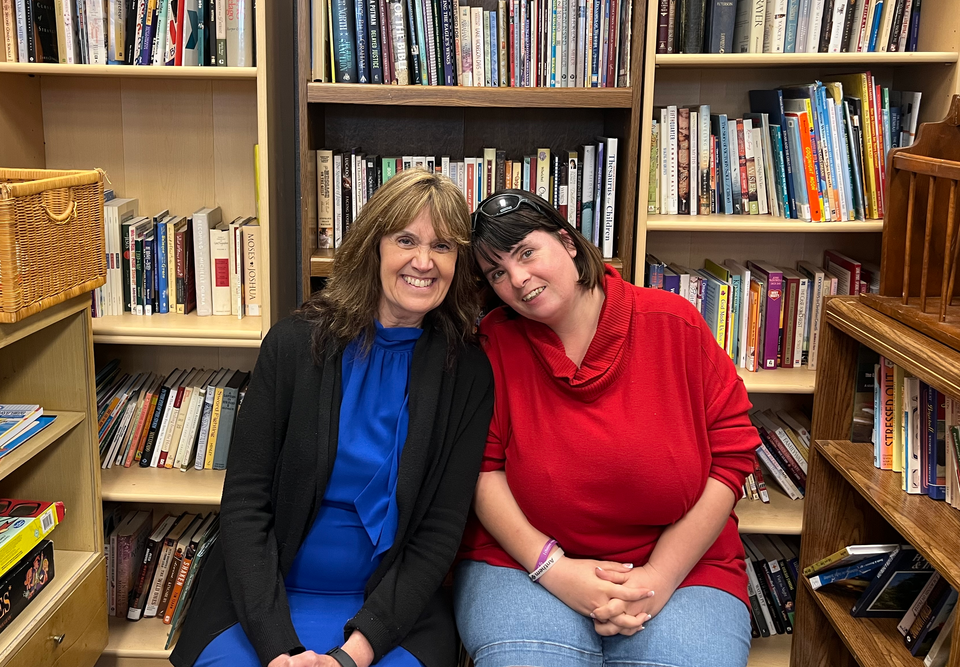This Fort Wayne nonprofit helps homeless people use their own income to access housing

Hey Locals,
Today's newsletter reads more like a traditional feature story simply because that's how we felt inspired to write it. We hope you enjoy learning about the progress these individuals and organizations in our community are making to address issues related to housing, social mobility and homelessness. We think it's an important time to talk about these topics because the City of Fort Wayne is working to create its first zero-barrier day shelter and 24/7 Homeless Services Center, and it turns out: There's an organization Downtown offering a glimpse of what that might look like.
Another thing we've reflected on while writing this is: Fort Wayne is a segregated city when it comes to income and class. (Just check data from Social Capital if you don't believe us.) This means: Most people who have stable housing here might not know anyone who is (or has been) homeless firsthand. And that contributes to barriers in the ways we think about homelessness and seek to address it.
While we certainly don't have all the answers ourselves, this story provided us with an opportunity to learn and better understand. We hope you enjoy this window into the experiences of fellow locals, like yourself, and take the opportunity to seek out more perspectives. Because you never know what you might discover when you take the time to question, ask and listen.
Now, here's the story:
“There’s a myth that all people who are homeless want to remain homeless. But what we’ve seen is: They don’t, but in a lot of cases, they don’t even know where to start to change their situation.” - Mary Ann Mings, Executive Director Inasmuch Ministry and Founder of Forgotten Stones
About four years ago, Brittany Caraway showed up at the door of Inasmuch Ministry at Broadway Christian Church in Downtown Fort Wayne.
“I said: Oh, please help me get off the streets,” Caraway recalls, taking a moment to collect herself as tears fill her eyes.
Today, she's sitting in an office on the second floor office of Inasmuch, where she volunteers alongside the team that helped her move into an apartment near Wells Street – a place she feels safe and pays rent with her own income.
As a 30-something woman with disabilities, Caraway says she's been unhoused and living on the streets of Downtown since her parents died when she was 21, leaving her and her sister to fend for themselves. When she came to Inasmuch, the first person she met was Executive Director, Mary Ann Mings, who realized Caraway should have access to disability income, as well as inheritance from her parents. But she wasn't receiving it for some reason.
Want to keep reading? Paying members support our reporting and our mission for citizen-funded, hassle free news. Join today for just $6/month or $60/year. Or test the waters first with a 30-day free trial, and get access to our "Above the Fold" Thursday newsletter.
Become a FREE member to continue reading.
Get access to all of our original stories and newsletter by subscribing below.
